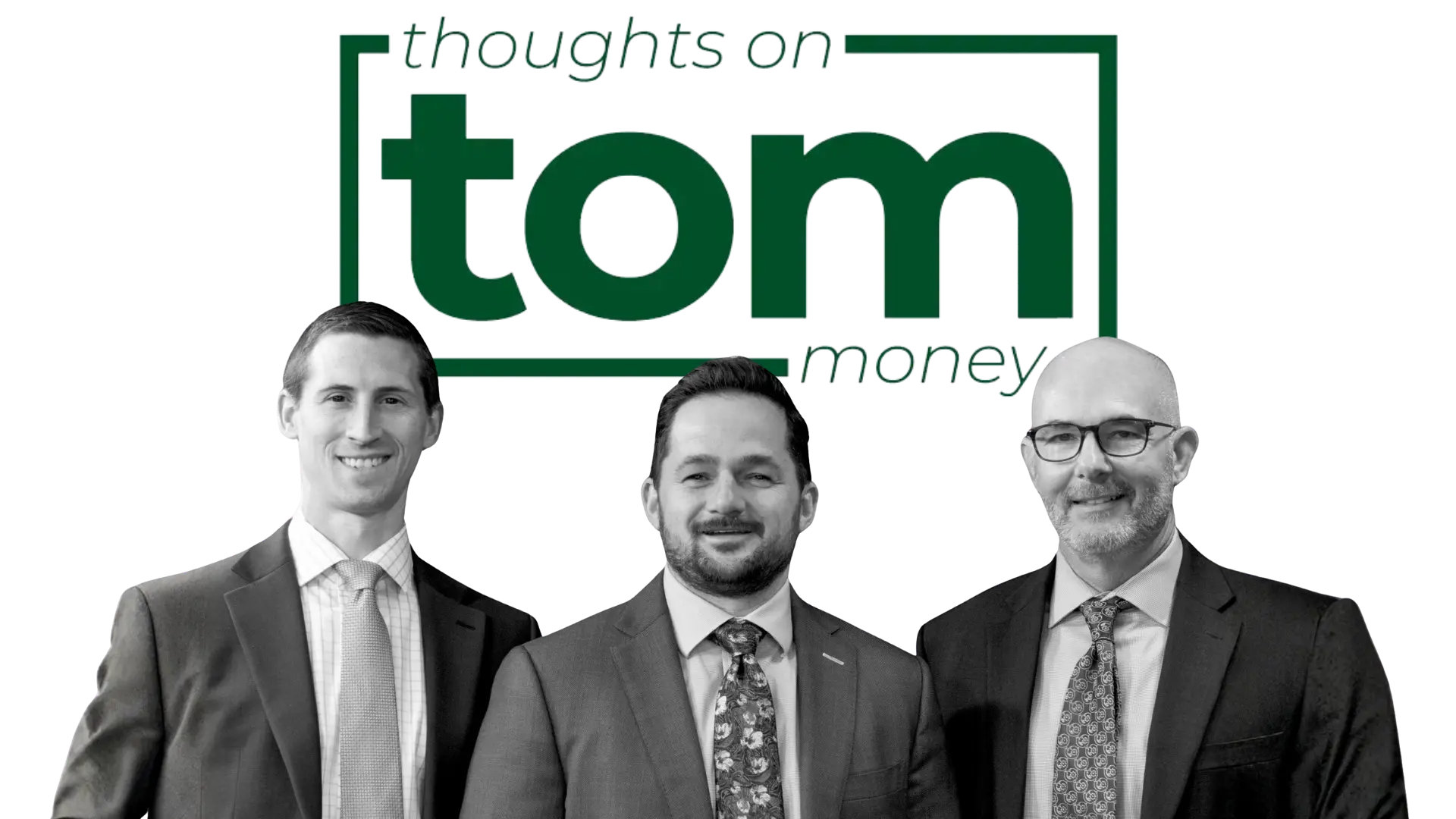An oft quoted and/or referred to principle in philosophy is Occam’s Razor. The concept here is that when life throws you a riddle that has many potential solutions or explanations you should defer to the simplest of the bunch. In shorthand, when given the option, the simplest solution should be the preferred solution.
The mental picture I get here of the exact opposite of Occam’s Razor would be the artistic work of Rube Goldberg. If you’re not familiar with this name, please do a quick search and I’m sure you’re familiar with some of Rube’s work. His cartoon inventions famously had multi-step sequential domino-dependent actions to complete a simple task. Like a marble that rolls onto a spoon that flicks a switch that… that… that… pushes down the bread in the toaster.
In my daily work, I get to see lots of different investment approaches and strategies. I get the opportunity to meet with investors from all different walks of life, to hear and learn about their approach to investing, and juxtapose this versus our in-house solutions here at TBG. If I could say it this way, out there in the real world of personal finance, I see a whole lot more Rube than I do Occam.
I often wonder, why do people make investing more complicated than need be? It seems most investors adore the personality and favorite-uncle-like spirit of Warren Buffett; investors often quote Buffett’s countless adages that encourage keeping things simple and straightforward. Yet, most investment strategies are littered with unnecessary complexity.
Today, we will tackle a handful of those unnecessary complexities.
Off we go…
(1) You Can’t Time Markets
In 1981, the world was introduced to the video game Frogger. A little frog whose life depended on the skilled timing of the game player. One mistimed hop and that little amphibian would be squashed by a bus or eaten by an alligator. It was all about timing.
Too many investors approach investing like a video game. They see the world as a collection of risks – not busses and alligators but recessions and tariffs – and they try to side-step these predators to create successful investment outcomes. This simply doesn’t work. Most often, investors attempting to time markets just get squashed. Yet, these investors, due to their pride, will never slow down to measure the opportunity costs. They will justify their timing decisions by the emotional comfort this false sense of control provides.
Investing should be less Frogger and more Happy Gilmore. Remember that scene in Happy Gilmore where the famed golf coach, Chubbs, finds Happy, played by Adam Sandler, at the batting cages, allowing himself to get peppered in the chest with fast balls. Gilmore was training for hockey, knowing he was bound to take some pucks here and there, so he was preparing his body for the pain he’d need to endure. It’s not a training habit I’d recommend, but it’s one that relates well to investing. In the world of investing, those fast balls exist, and you should embrace them instead of avoiding them. These risks are what create a risk premium, which are the investment returns you are seeking.
You can’t time markets. The attempt to do so adds an unneeded layer of complexity. Again, less Frogger, more Happy Gilmore.
(2) Limit Mistakes
The fastest-growing sport in America is Pickle Ball. A sport I haven’t played until a few weeks ago. Let me start by telling you this: all the excitement and hype around this sport is… totally valid. If you haven’t played, I’d suggest giving it a try, it’s a lot of fun.
I have very little experience with paddle or racquet sports, so I felt like I was coming in a bit disadvantaged. I watched the game a bit as a spectator and committed to one simple mantra as a new player: limit the mistakes. I take this same approach to ping pong; as tempting as it is to slam the ball or put some crafty spin on a return, I just focus on getting the ball over the net. Sure, for an advanced player, I’m sure this advice isn’t sufficient, but as a basic foundation, limiting your mistakes is a wise place to start.
Basketball is no different. Turnovers can destroy a team. Flashy and risky passes are unneeded if they have a higher probability of turning the ball over versus converting to a basket.
Investing is no different. One must avoid mistakes. Many investing stories are highlighted by these small missteps that lead to significant financial damage. In hindsight, many will state things like, “I knew I shouldn’t have, but…” or “I knew this wasn’t a good idea, yet…” and these are the mistakes that need to be avoided.
It’s helpful to have a strategy. An approach and a philosophy that you can easily explain. Something you could teach to a 5th grader in a short lesson. You want this framework to keep you on track and filter your decisions. No strategy, with no framework, gives way too much latitude to avoidable mistakes.
Here at TBG, we focus on a dividend growth philosophy. We focus on companies that pay a dividend, have a history of growing that dividend, and are not faced with any obvious obstacles that would impair that dividend. Even that small set of rules often helps keep us out of harm’s way.
(3) Your Edge is Perseverance
Many Bible translations will use the word perseverance interchangeably with longsuffering. That word is pretty self-descriptive and gives more color to what perseverance feels like. The dictionary defines longsuffering this way: “having or showing patience despite troubles, especially those caused by other people.”
That part about “other people” is key here. You can only control you. You have no control over inflation, tariffs, etc. One former boss always told me, “Control the controllables.” Longsuffering is all about enduring the uncontrollables for the reward that it produces.
I get the image of one of those win-a-new-car contests where the last one standing with their hand on the car wins the car. The reward here is dependent on enduring hunger, fatigue, bathroom breaks, and the like. A simple task, your hand must remain on the vehicle, coupled with longsuffering, is what produces a winner.
If I can say this, you will not be the smartest investor of all time. You will not have access to material information that others don’t have access to. You don’t have the skill of predicting the future. So, what will be your edge? Your perseverance. Your ability to stay invested for a lifetime to enjoy the rich benefits of long-term compounding. That’s your edge, it’s simple not complex.
KISS
We all know the KISS principle, and it’s a great nudge to humbly reorient ourselves. That’s right: Keep It Simple, Stupid.
Investing is already difficult on its own. If you go and make it more complicated than it needs to be, then you’ll find yourself attempting to juggle flaming chainsaws. There is a danger to unnecessary complexity, and I want to help you avoid it.
So, remember, you can’t time markets, seek to limit your mistakes, and know that your greatest edge is your perseverance. It’s just that simple.
As always, any and all questions are welcome. Please reach out anytime.
Until next week…






